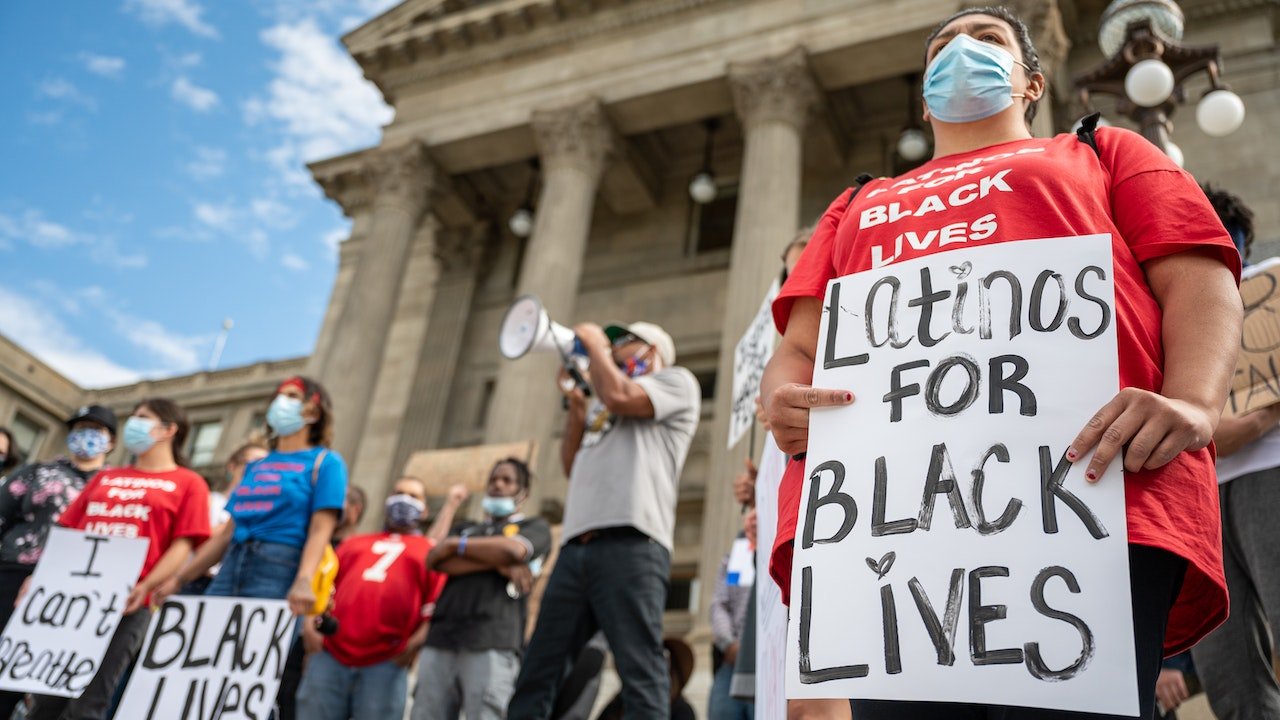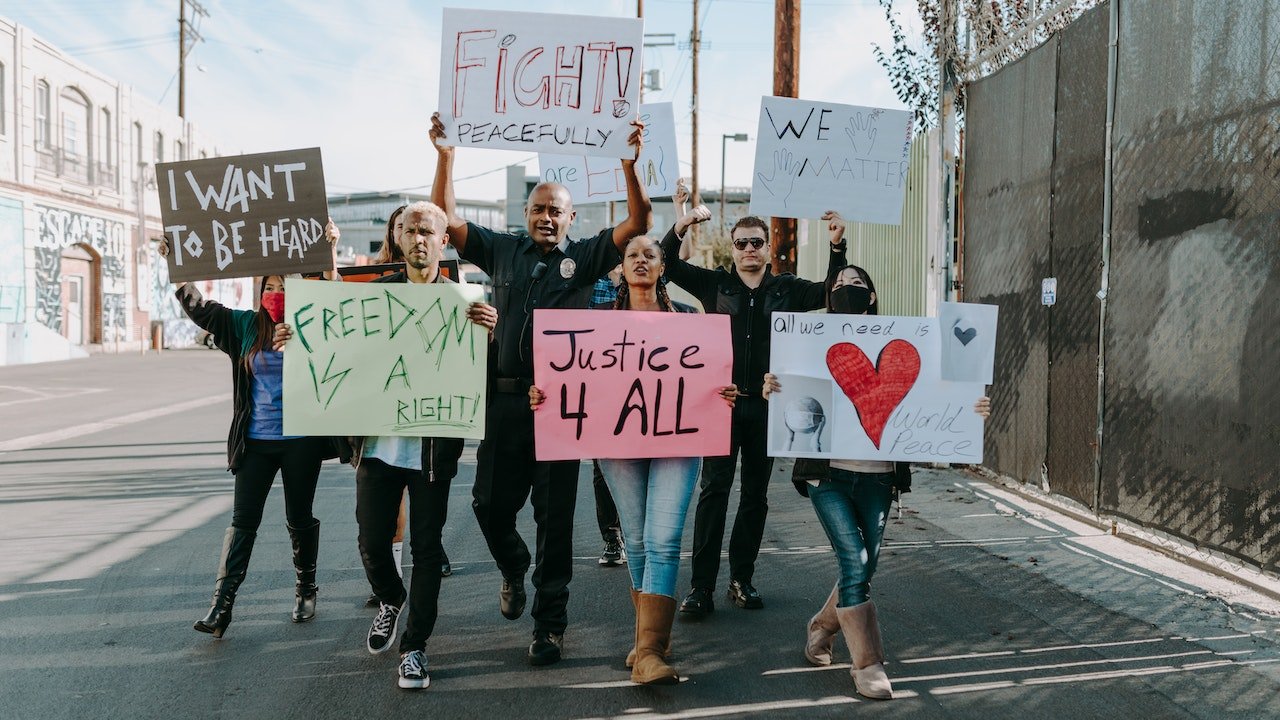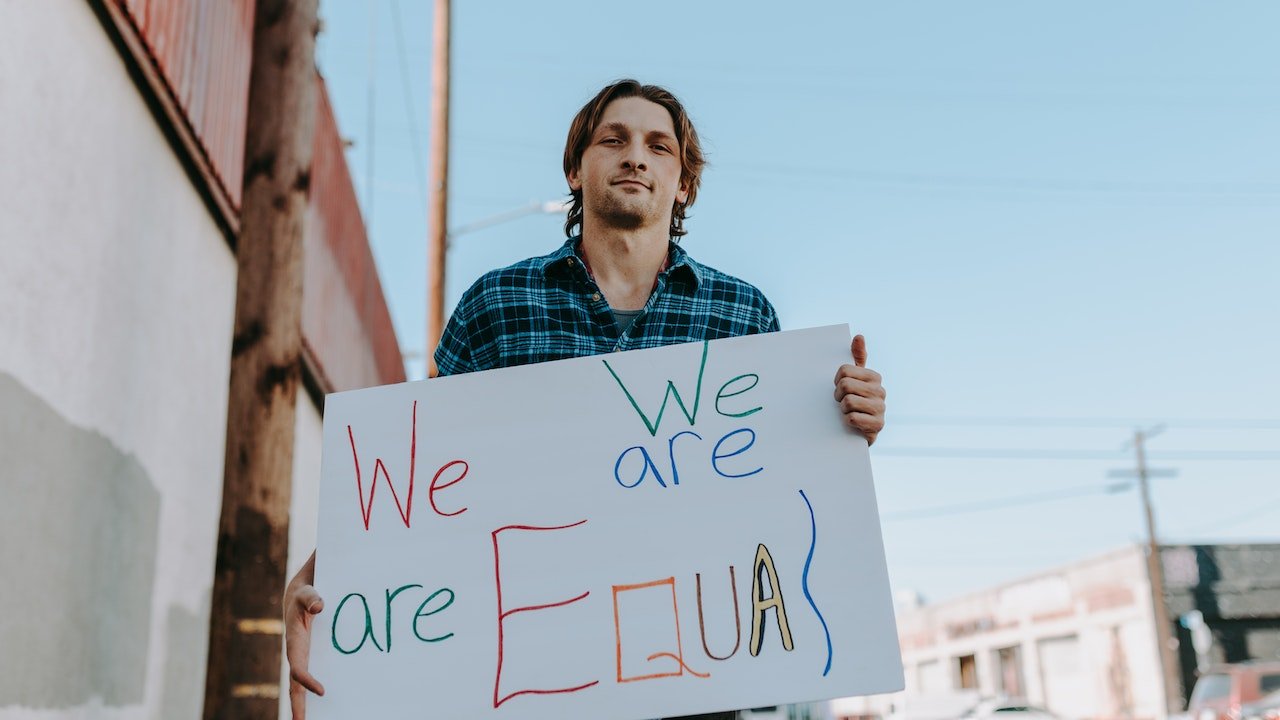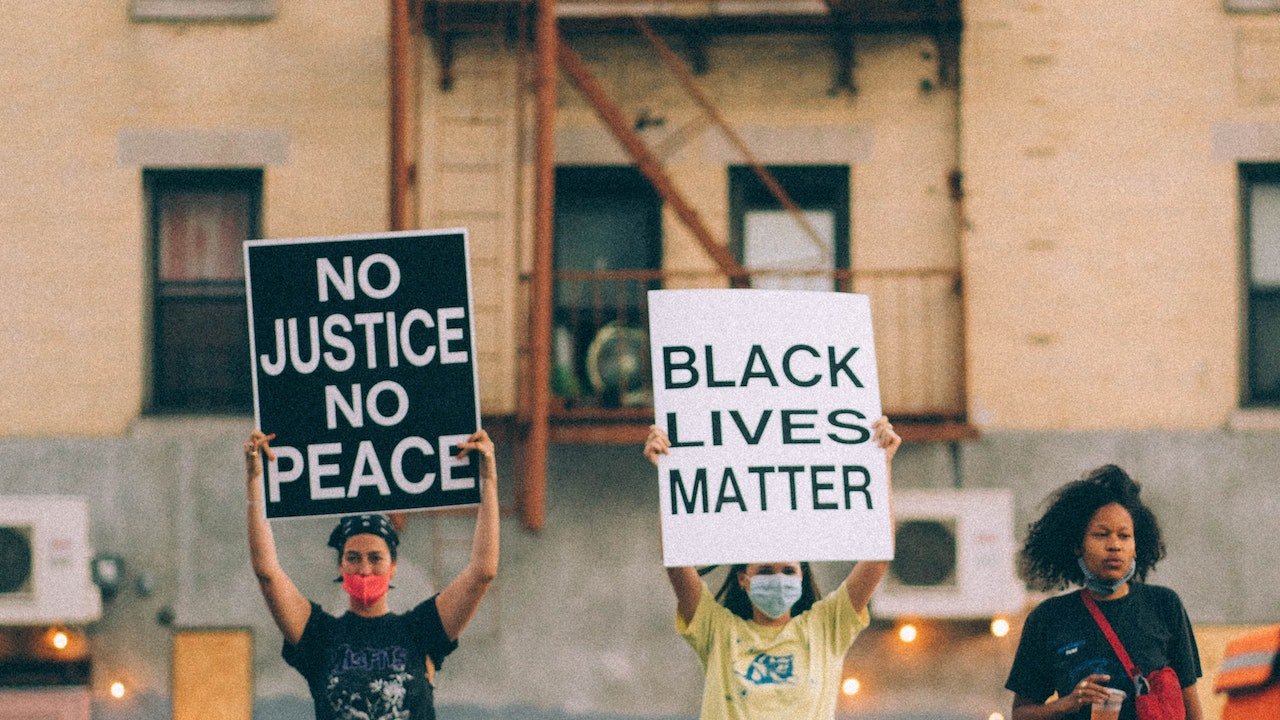The Role of Civil Rights Laws in Combating Police Brutality 2023


The excessive and frequently illegal use of force by law enforcement personnel against individuals is referred to as police brutality. It includes a range of abusive behaviors, including physical assault, verbal abuse, discriminating acts, and even fatal encounters. Police brutality can have disastrous effects on victims and communities, weakening confidence in the legal system and sustaining socioeconomic inequalities.
Knowledge of Police Brutality
Understanding the nature and effects of police brutality is crucial before discussing the role of civil rights laws. The abuse of authority by law enforcement can lead to fatal physical harm, mental anguish, and erroneous arrests or convictions. Furthermore, police brutality disproportionately affects marginalized communities, such as persons of color, those who are disabled, and socioeconomically disadvantaged groups.
The Background of Civil Rights Laws
In reaction to extensive systematic discrimination and abuses of human rights, civil rights laws have changed over time. The Civil Rights Movement of the 1960s in the United States was a turning point in the fight for racial justice and equality. Significant legislative achievements related to voting rights, equal protection under the law, and segregation occurred during this time period.
Civil Rights Laws’ Vital Role in Combating Police Brutality
Civil rights legislation is an effective weapon against police abuse. They guarantee access to legal redress and justice, safeguard citizens’ rights, and offer channels for police accountability.
Accountability and transparency in the police
Frameworks for holding law enforcement authorities responsible for their acts are established by civil rights statutes. They call for openness in the reporting of instances of police misbehavior, such as the excessive use of force. These regulations encourage competent policing and discourage abusive behavior by creating responsibility.
Safeguarding citizens’ rights
The protection of people’s rights and liberties is one of the main goals of civil rights laws. Due process rights, equal protection rights, and freedom from unreasonable searches and seizures are only a few examples of constitutional rights that are protected by these laws.
Justice and Access to Justice
Victims of police abuse have legal channels through which to seek redress and get justice thanks to civil rights laws. They enable people to report misconduct by law enforcement personnel or agencies, launch investigations, and bring civil cases against them. This makes it more likely that offenders will be prosecuted and that victims will be compensated for their damages.
Significant Civil Rights Laws Affecting Police Brutality
The fight against police brutality is particularly pertinent to a number of important civil rights laws. These laws are essential for safeguarding individuals’ rights and keeping law enforcement officials responsible for their conduct.
The 1964 Civil Rights Act
Discrimination based on race, color, religion, sex, or national origin is illegal under the Civil Rights Act of 1964. While not specifically addressing police misbehavior, this ground-breaking measure has significantly contributed to the elimination of institutional racism and the advancement of equal protection under the law.
Fourteenth Amendment
The Fourth Amendment to the US Constitution protects people from arbitrary searches and seizures. Before conducting searches or making arrests, law enforcement personnel must have probable cause and obtain warrants. The Fourth Amendment guarantees respect for people’s privacy and dignity and is an essential safeguard against the arbitrary abuse of authority.
Equal Protection Provision
All people have the right to equal protection under the law, according to the Fourteenth Amendment’s Equal Protection Clause. This provision forbids discrimination on the part of state or municipal governments and guarantees that everyone is treated equally by law enforcement, regardless of their color, ethnicity, gender, or other protected characteristics.
Read More: Exploring Landmark Civil Rights Cases 2023
The provision against police misconduct
The Police Misconduct Provision, sometimes referred to as Section 1983, enables anyone to sue law enforcement officials who transgress their civil rights. This clause has been crucial in holding police accountable for their actions and giving victims a legal avenue for redress.
Problems with Civil Rights Law Enforcement
Despite civil rights legislation being in place, they are difficult to enforce. Institutional resistance, insufficient proof, the power of police unions, and biased court processes are a few of these difficulties. Continuous work is needed to make legal frameworks stronger and ensure efficient implementation in order to overcome these barriers.
Cases of Late and Their Effect
Nationwide protests have been spurred by recent instances of police violence, including the terrible deaths of George Floyd, Breonna Taylor, and many others. These incidents have rekindled the conversation on the importance of thorough police reform and the application of civil rights laws. Additionally, they have emphasized the essential need for justice and responsibility in situations involving police misconduct.
The importance of activism and public awareness
Increasing significant change and influencing the public discourse on police brutality and civil rights depend on increased public awareness and activism. Advocacy groups, social media campaigns, and grassroots movements have all been crucial in amplifying voices, demanding justice, and exerting pressure on policymakers to act. Public engagement continues to be an essential reform catalyst through increasing awareness, educating the populace, and empowering communities.
Read More: The Civil Rights Act of 1964: A Milestone in American History
Conclusion
In the fight against police brutality, civil rights laws are essential. These laws serve as vital protections in upholding justice and guaranteeing equitable treatment under the law by encouraging police accountability, defending individuals’ rights, and offering legal remedies. However, there are other obstacles that must be overcome in order to fully achieve comprehensive police reform and ensure that human rights legislation is upheld.
FAQs
What role do civil rights laws have in reducing police brutality?
Civil rights laws safeguard citizens’ rights, create channels for police accountability, and give those who have been the victims of police abuse legal redress. We may work to avoid and resolve instances of abuse by law enforcement by upholding these laws.
How effective is civil rights legislation in addressing police misconduct?
Civil rights legislation is essential in the fight against police wrongdoing. They offer a framework for accountability and transparency, safeguard individual rights, and guarantee that those who have been the victims of police brutality have recourse to justice.
Can anyone file lawsuits against police for using excessive force?
Yes, if someone’s civil rights have been infringed, they may file a lawsuit against law enforcement officials under Section 1983’s Police Misconduct Provision. This clause enables victims to file a lawsuit and hold offenders accountable.
What can the general public do to stop police brutality?
Fighting against police violence requires widespread public knowledge. Public engagement puts pressure on decision-makers to undertake significant police reforms and address systemic problems through promoting debates, raising awareness, and mobilizing communities.
Where can I learn more about the laws protecting civil rights and police brutality?
You can consult trustworthy legal authorities, human rights organizations, and official websites dedicated to justice and civil liberties for further details concerning civil rights laws and police brutality.











